When Calif Chong was growing up in a working-class Hong Kong household, no one in her family went to the cinema. But Stephen Chow’s comedies changed everything for her.
“I thought, oh my God, if I could become the female version of Stephen Chow, how cool would that be?” Chong recalls. “You make everyone laugh. You make everyone just love films.”
Now, with her feature debut “High Wire” world premiering at the BFI London Film Festival, Chong has achieved something equally ambitious: crafting a comedy-drama that speaks to the immigrant experience while making audiences laugh and feel.
“High Wire” follows Go-wing, a British-Chinese takeaway girl who discovers her inner strength and artistic bravery when a circus comes to her small English town. The film stars Isabella Wei, known for her breakout role in Netflix’s “1899,” alongside Hong Kong actor Dominic Lam.
For Chong, the project represents a deliberate choice to make her debut feature a comedy. “My short film [“Underneath”] was really hard drama, and while making, it was really difficult,” she explains. “I wanted this full-length film to be enjoyable throughout for everyone who makes the film, who acts, who edits the film. We try to make people laugh. That’s the goal.”
But beneath the humor lies something deeper. The film explores family dynamics within the Chinese community, a subject Chong feels hasn’t been portrayed with enough nuance on screen. “In the Chinese community, the family relationship is still very complex, but it’s not portrayed well,” she says. “It’s always a bit sad. I come from that background, and I know there is a lot of trauma, but for my debut, I wanted to be a mix of hard drama, but also comedy.”
Chong’s journey to filmmaking was unconventional. She started as a creative trainee at TVB, Hong Kong’s major television network, working as a junior scriptwriter for two years. She then collaborated with director Lawrence Lau on film scripts, though the financial realities of Hong Kong’s screenwriting landscape proved challenging.
“I really couldn’t afford that lifestyle, so I had to work,” Chong explains. She took a job at RTHK, Hong Kong’s equivalent of the BBC, working in documentary filmmaking before eventually winning a pitching competition at the Berlin Film Festival. That success convinced her to pursue international opportunities.
She moved to London to study at the London Film School, taking on significant debt to make it happen. “Me and my mom kind of made it work,” she says. “And yeah, here I am. Made my first feature and screening in London Film Festival.”
Casting the lead role presented unique challenges. Chong needed someone who could speak both English and Cantonese fluently, read Chinese script, dance professionally, and rollerblade — a particularly niche skill in the U.K. Wei, a Hong Kong actress and dancer who made her television debut in Netflix’s “1899,” proved to be the perfect fit. “She is just perfect. She ticks all the boxes,” Chong says. “She’s bilingual, she can read Chinese, her acting is amazing.”
What surprised Chong was how Wei’s interpretation added unexpected depth to the character. Where Chong had initially envisioned Go-wing as upbeat and extroverted, Wei brought an introverted quality that resonated deeply with the director’s own experience.
“I see myself there,” Chong reflects. “I’m not extroverted when I’m being put in a foreign place. You’re kind of timid, you’re kind of second-guessing yourself, you kind of worry you’re not going to fit in. Her portrayal in a different way kind of brings more complexity, which I never imagined.”
The circus element came about through producer connections, Djonny Chen of Silent D Pictures, but Chong immediately saw its potential as a metaphor for the immigrant experience. Working with Circus Extreme, she was struck by how modern circus pushes human limits — much like immigrants pushing against societal constraints.
“People don’t see it as an art form, somehow,” she notes. “That’s kind of the same as how the Western world had misconceptions of Asian people. They don’t understand Asian culture, and then they portray Asian people in a certain way on screen.”
Working with cinematographer Matthew P. Scott, Chong created distinct visual languages for Go-wing’s two worlds. In the takeaway, camera movements are static and still, reflecting constraint. In the circus, everything flows in circles, reflecting freedom and possibility.
The North Yorkshire landscape also became a character itself. “Hong Kong is so packed, and you feel so suffocated,” Chong explains. “Whereas in Yorkshire, it’s the other way around. It’s extremely vast, it’s extremely nothing else. It’s wilderness.”
Depicting racism proved one of the film’s most delicate challenges. Chong, who has experienced racism firsthand since moving to the U.K., was determined not to make “High Wire” a message movie.
“I really wanted to play it out as comedy,” she explains. “We do have some racial slurs written, but that was real. I didn’t make it up. But the most important thing is we don’t drill into those. We don’t focus on those hatred towards us.”
The film intentionally includes a white British friend, to reflect the reality of genuine cross-cultural friendships. “That’s real life. We do make friends,” Chong says. “We can’t just focus on a small group of people who don’t know us. We focus on the people who want to.”
Recent events in the U.K. — including anti-immigrant protests — have made the film feel even more urgent. Chong describes a distressing incident in the London tube where she heard anti-immigrant rhetoric. “Sometimes your reality is one thing, but people around you make you feel like something else,” she reflects. “You feel like you’re still other group.”
Beyond the London Film Festival premiere, Chong hopes to bring “High Wire” to Hong Kong audiences. She’s already working on her next project, exploring thriller and dark comedy territory, and is interested in directing television, citing shows like “Slow Horses” and “The Gentlemen” as inspirations.
“I just love shows like that,” she says. “I want to see some women directing these really male-driven stories.”
For now, Chong hopes “High Wire” will resonate globally. “I want it to be something really reachable, accessible. Anyone can watch it, not just British Hong Kong immigrants, not just Asian immigrants, but I think it should speak to any immigrants,” she says. “I hope films is the one thing that can draw us together and we can welcome each other.”

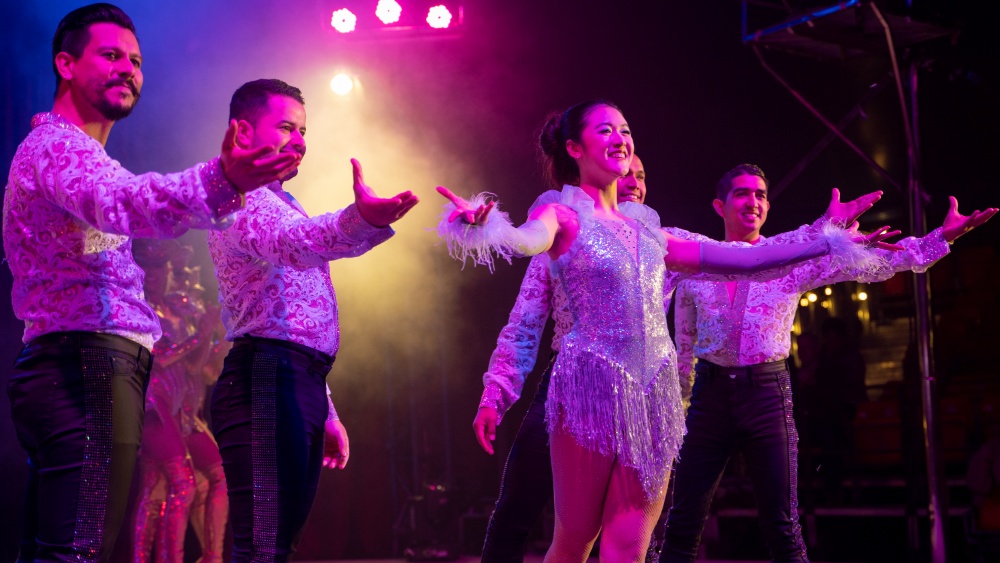
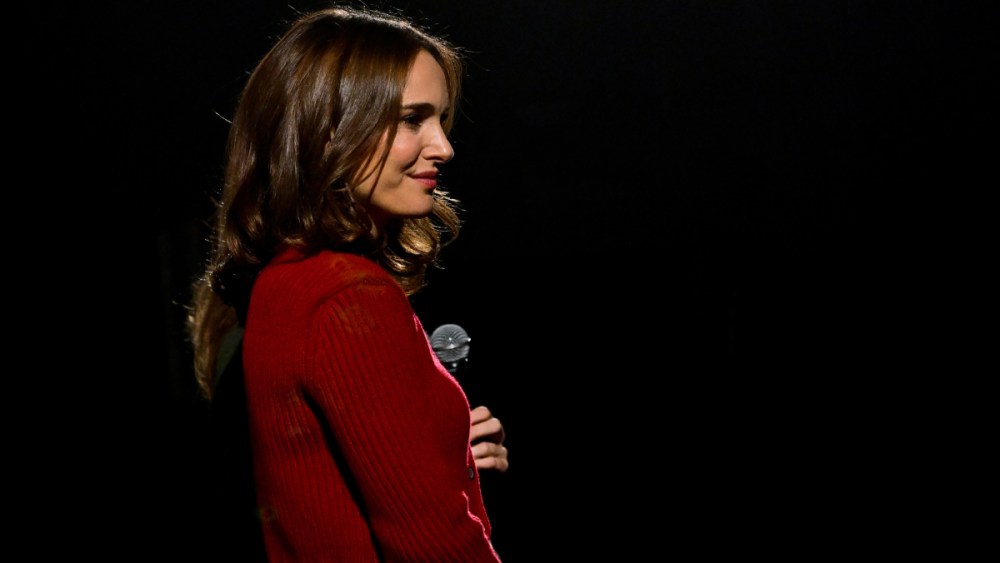
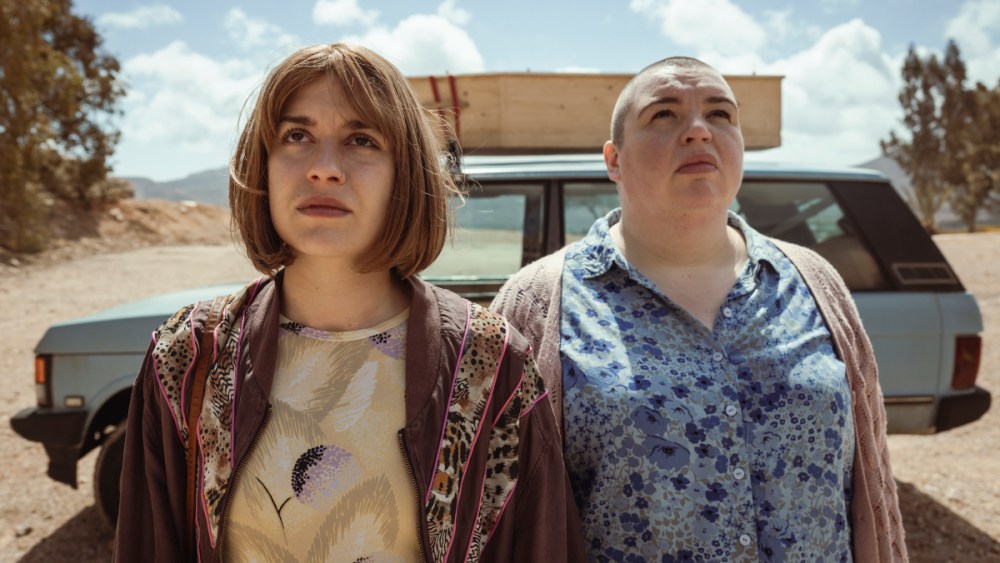
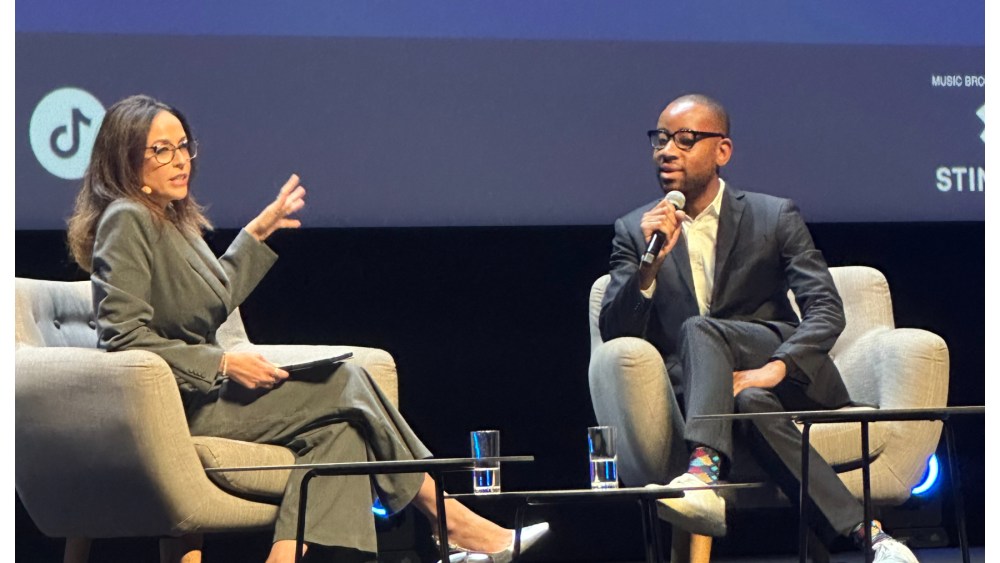
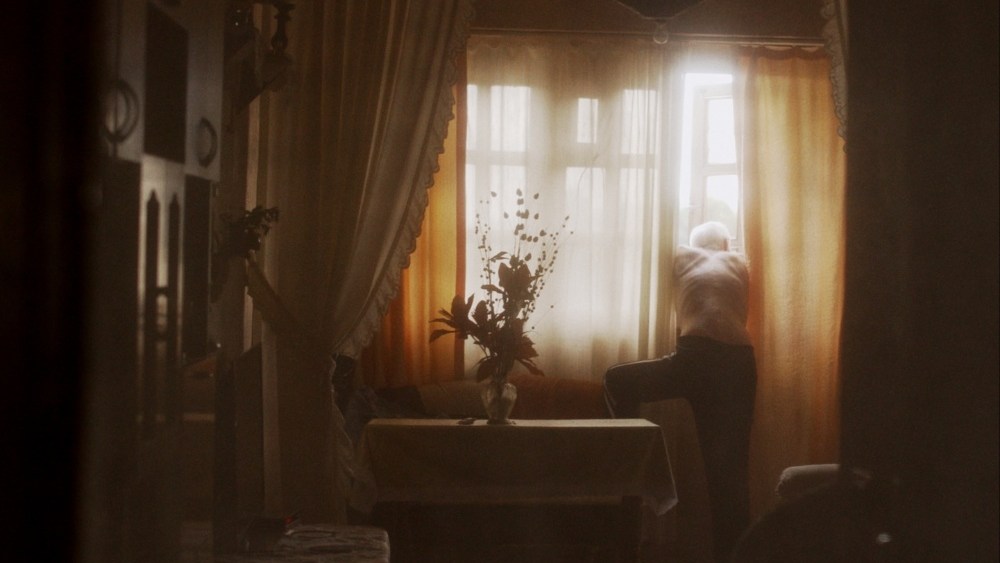
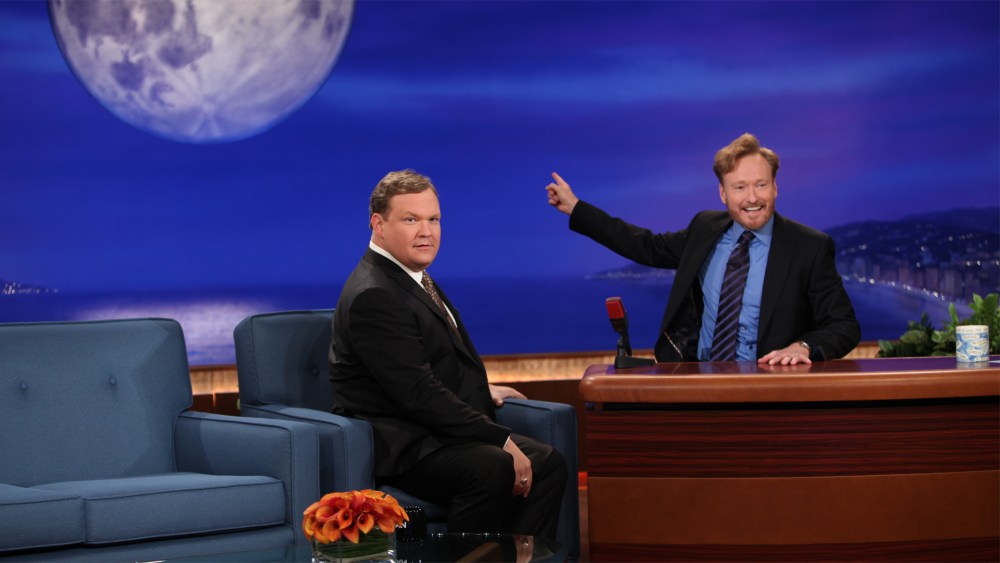
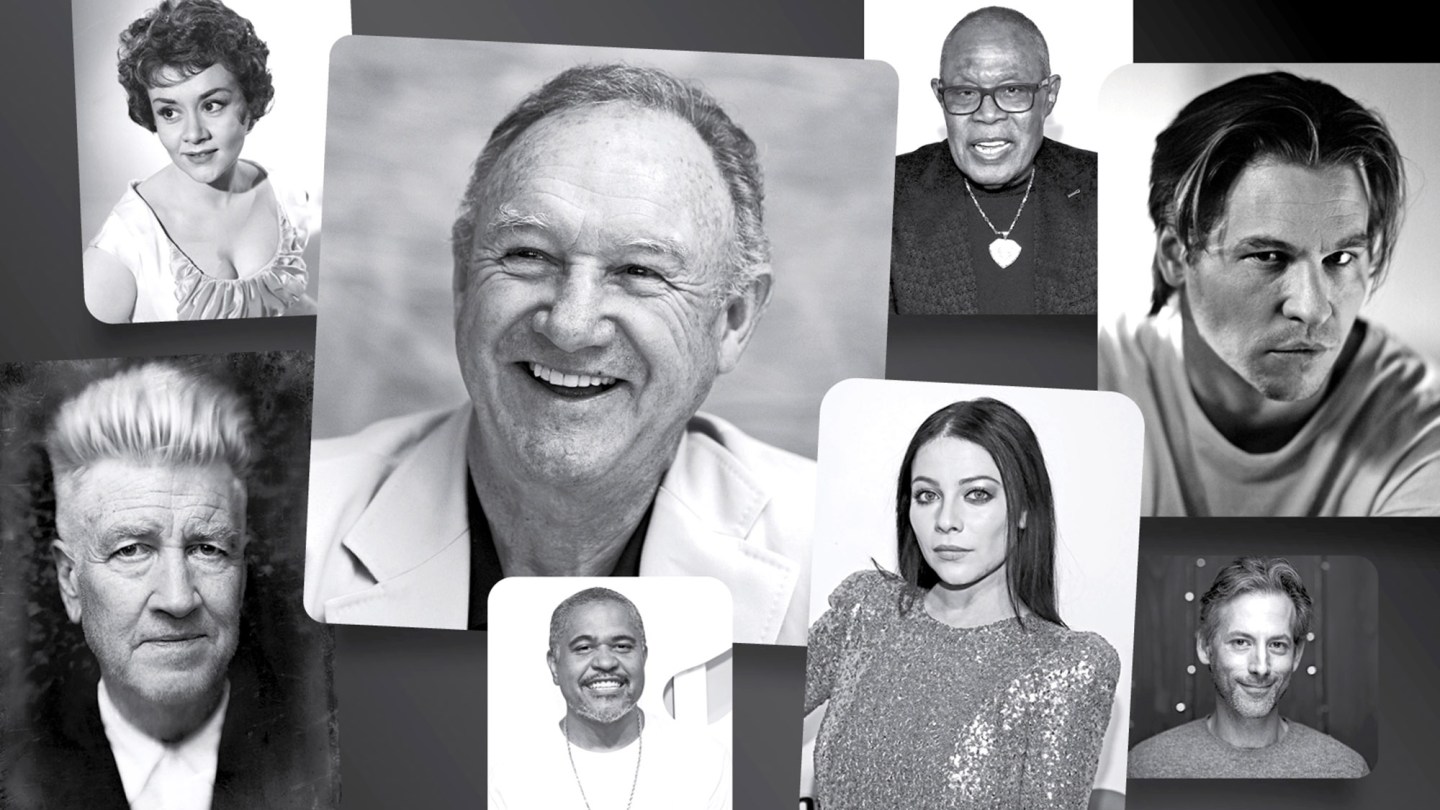
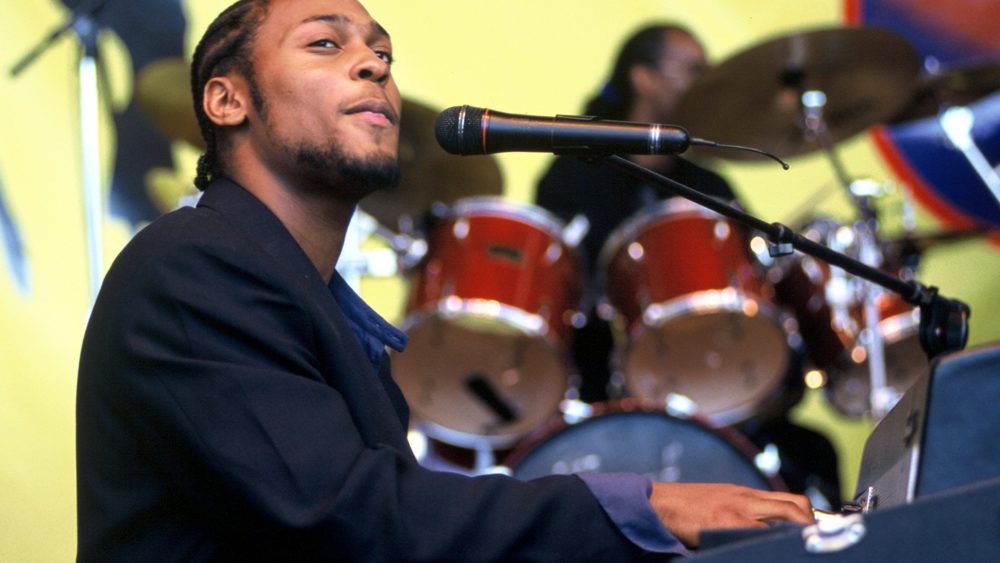
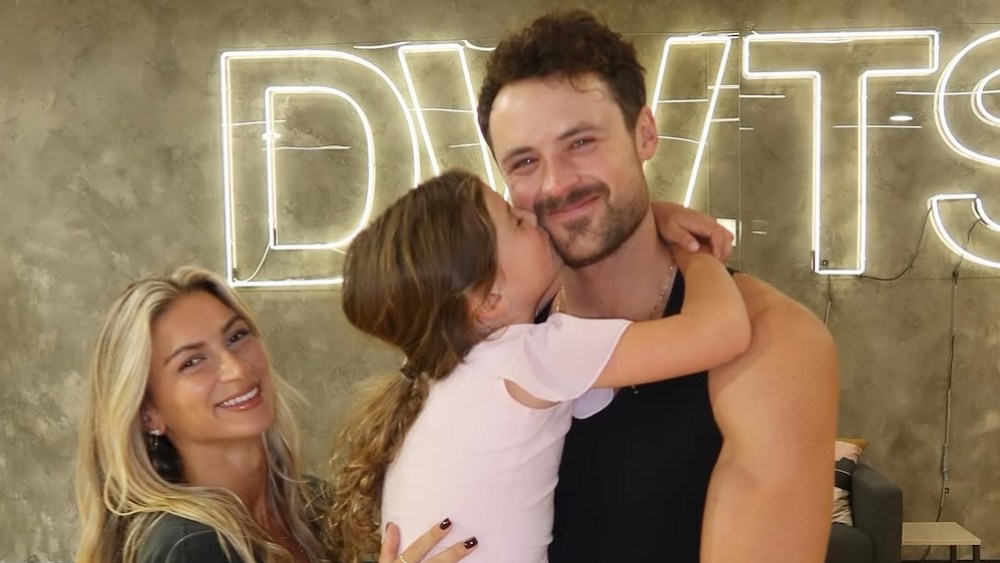
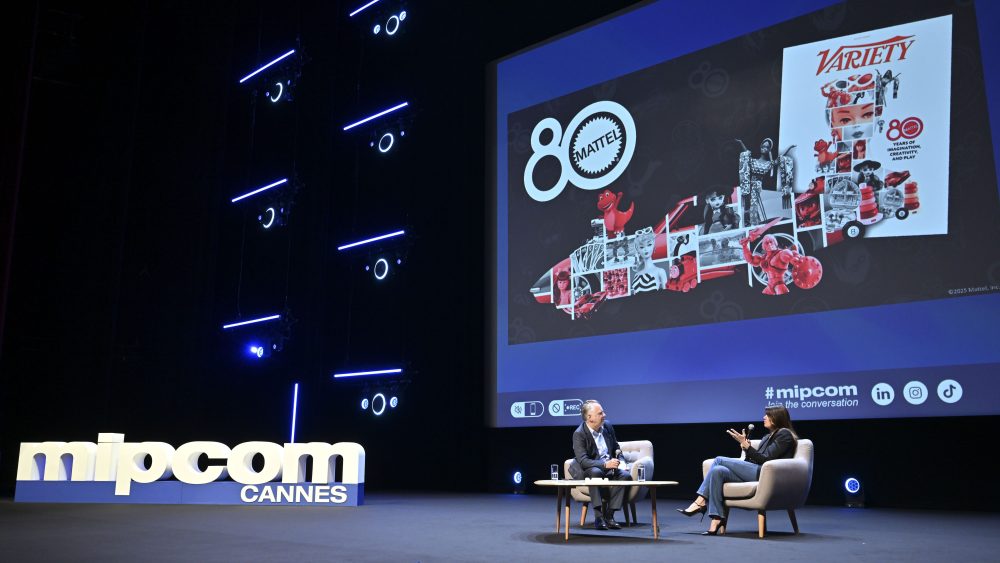

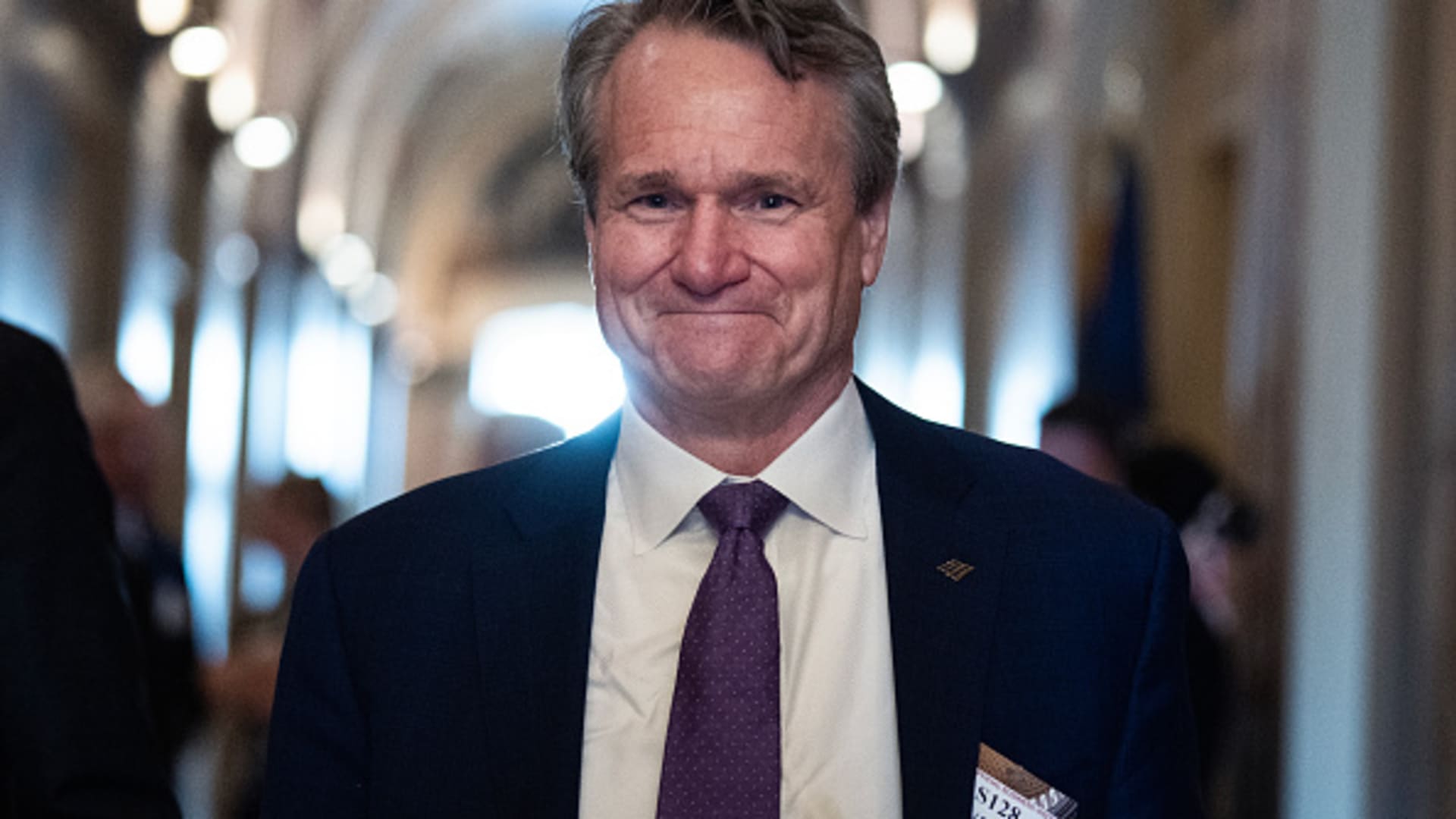
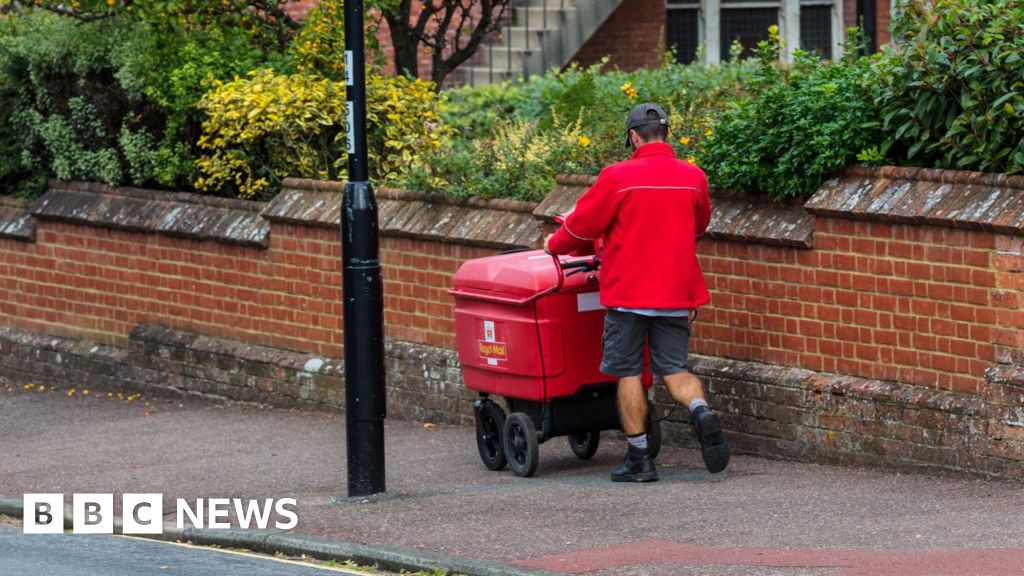
Leave a Reply